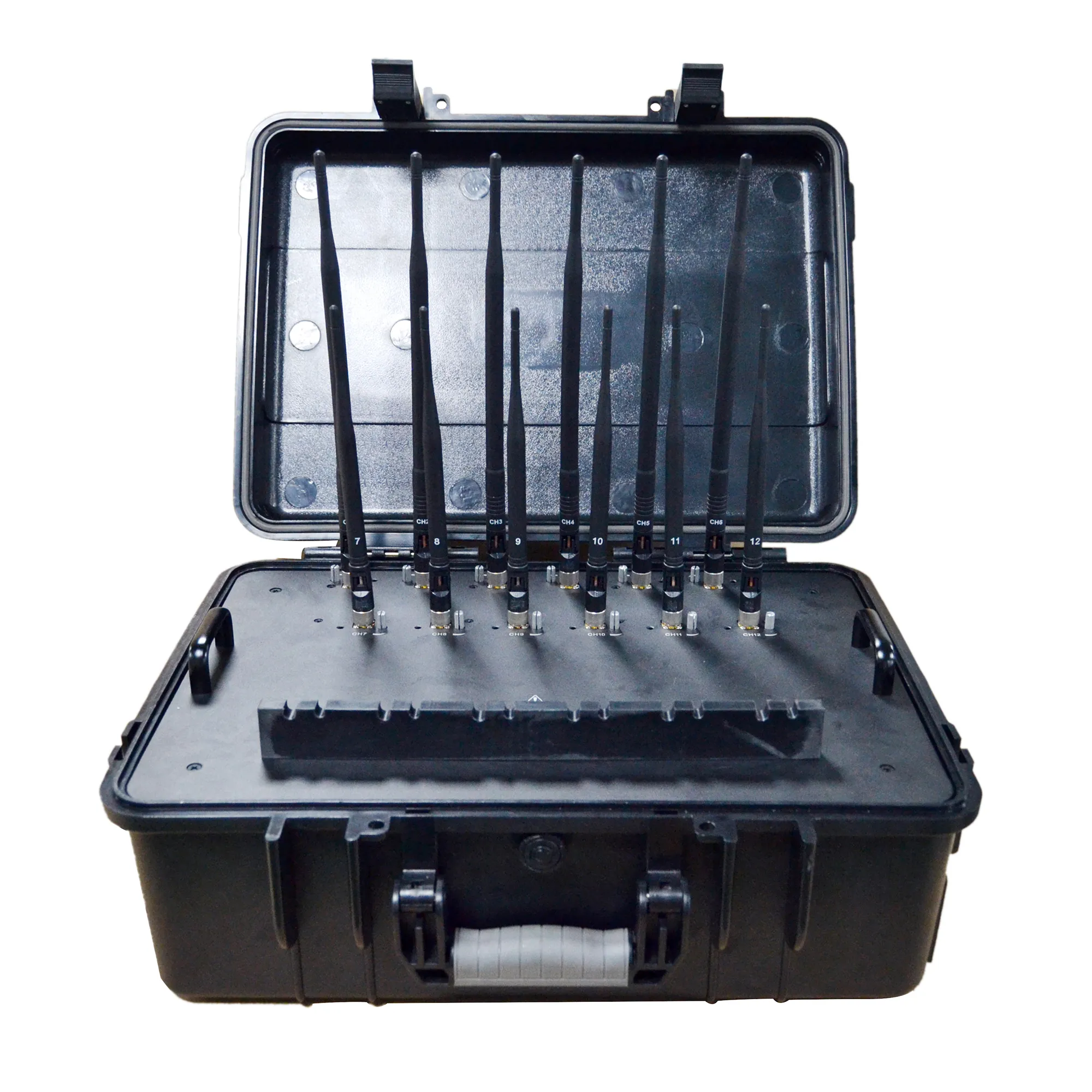Ore fraud, mass escape, drug abuse... In Japan, the number of boys who commit various crimes by minors and enter the juvenile training school is currently about 2,100. 22% of them were guilty again within five years and returned to the juvenile training school and prison. What is the difference between the person who submits again and the person who does not submit? The New Public Interest Federation, a member of NPOs and social enterprises, interviewed 10 former graduate students who remained in the society but did not commit crimes again to try to answer this question.
What is the "anchor" that appeared in the stories of former graduate students and kept them outside? The interview was conducted from December 2019 to May 2020. This is the final report. The author serves as an interviewer and has 10 former graduate students between the ages of 20 and 41. Nine of them are men and one is a woman. Some people have entered the juvenile training school many times when they are minors, but all of them will not commit crimes again and continue their social life as adults. There are many reasons for their crimes, but the most prominent one is the "Yancha system". The person began to hang out with bad friends and gradually became suspected of drug trafficking and oil fraud. Masaya (pseudonym, 28 years old), he was arrested as a drug dealer when he was 18. He also said that for the first time in some time, he slept soundly in the detention center.
Some people do not feel at home because they are abused by their parents. Some people say that their mothers have difficulty working in a mother-child family, and some come from an orphanage. Naoto (pseudonym 24) divorced his parents when he was three years old. He was abused by his father-in-law's remarried partner and mother-in-law, walking back and forth between the orphanage and the family. After dropping out of high school, he lost his place and went to sleep in pinball shops, game centers and Internet cafes. He said: "In the summer, due to the cost of the public bath, I was in trouble." He read 70 to 80 books at a time, about 20 times in the same bookstore, in order to make money to buy online cafes and public baths. Sell it in a second-hand bookstore and exchange it for money. I noticed that the clerk was watching, but he said, "I don't care if I was arrested," but he did not expect to change the store. For him, "outside" is a difficult world, and he can't even rely on it.
Interestingly, more than half of the respondents answered "They have developed a reading habit" when asked that they are happy to enter the juvenile training school, because the school has installed a mobile cell phone jammer to prevent children from accessing the outside network The world makes them can only read to pass the time. Some people do not understand Chinese characters very well, so they read Chinese characters when they first look up the dictionary. Hirofumi Arai (33), a member of the fugitive tribe, was accused of assaulting an 18-year-old policeman and obstructing the execution of public affairs, and entered the Jinkogawa Academy (Kanagawa City, Hyogo Prefecture) for one year and four months. During this period, he read "Five Kinds of Physical Dissatisfaction" by Otomasa Hiromasa and "To Survive" by Mitsuyo Ohira, and said: "I think there are all kinds of people in the world."
A few years after being discharged from the hospital, he wanted to know: "Can I stay like this?", he went to the bookstore. Participated in the circumnavigation of the international non-governmental organization "Peace Ship" that I learned from this book. Invited by employees, they found work on the Peace Boat, which greatly changed my life. Others read economics books and started investing after being discharged from the hospital, while others read books such as Fujita and Takafumi Horie and started thinking about starting a business. The inpatient life with little entertainment leads them to "addiction" to books. Many people say that learning qualifications will enhance their sense of self-affirmation. Mr. Masaya mentioned above recalled: “Study in the heat gave me full confidence.” Mochizuki (25 years old), who had studied at three theft and mass escape youth training schools, said: “I thought I was stupid, but Now I have many qualifications and I can do it. I am very confident."
















